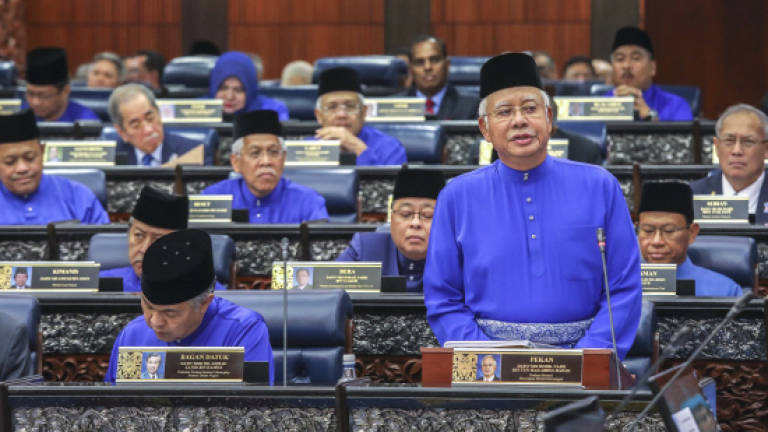Five-fold increase projected for nation's sharing economy

KUALA LUMPUR: Malaysia recorded a sharing economy value of RM3.4 billion in 2016 and has projected a five-fold increase to RM17 billion by 2020, according to the 2017/2018 Economic Report released by the Finance Ministry.
"Backed by a thriving digital economy and strong fundamentals in place, Malaysia aspires to become a leading country in the region in the sharing economy.
"The significant growth in broadband connectivity, the willingness of the population to participate, implementation of various government initiatives, and adjustments in regulations to suit the needs of the changing business environment support the aspiration," said the report, which was released in conjunction with the tabling of Budget 2018 in Parliament by Prime Minister and Finance Minister Datuk Seri Najib Abdul Razak today.
Malaysia, with a population of about 30 million people, has more than 18 million accounts registered with top social network sites, one of the highest in the region, thus reflecting that the population is ready and keen to participate in the sharing economy.
The sharing economy is a socio-ecosystem built around the sharing of assets via digital platforms to create economic value through increased utilisation of resources between individuals, businesses and governments.
Sharing economy activities include the utilisation of durable assets, recirculation of goods through secondary markets, exchange of services and sharing of productive assets.
The report highlighted that the sharing economy has further enabled self-employment and entrepreneurship, whereby there were 400,000 freelance jobs in Malaysia last year and this was expected to grow to 650,000 by 2020.
In addition, increased job opportunities through digital sharing could help address the problem of youth unemployment, which recorded 10.5 per cent in 2016, higher than the national unemployment rate of 3.4 per cent and the sharing economy is expected to create about 300,000 new jobs for youths by 2020.
Furthermore, the sharing economy played a significant role in ensuring greater participation by the people, especially the bottom 40 (B40) per cent of households with an average monthly income of RM3,860 and below.
By participating in services like ride-sharing and home-sharing, the B40 can utilise the latest technologies to generate additional income, the report said.
It mentioned that the extra earnings would enable them to improve their quality of life, thus promoting upward mobility. — Bernama